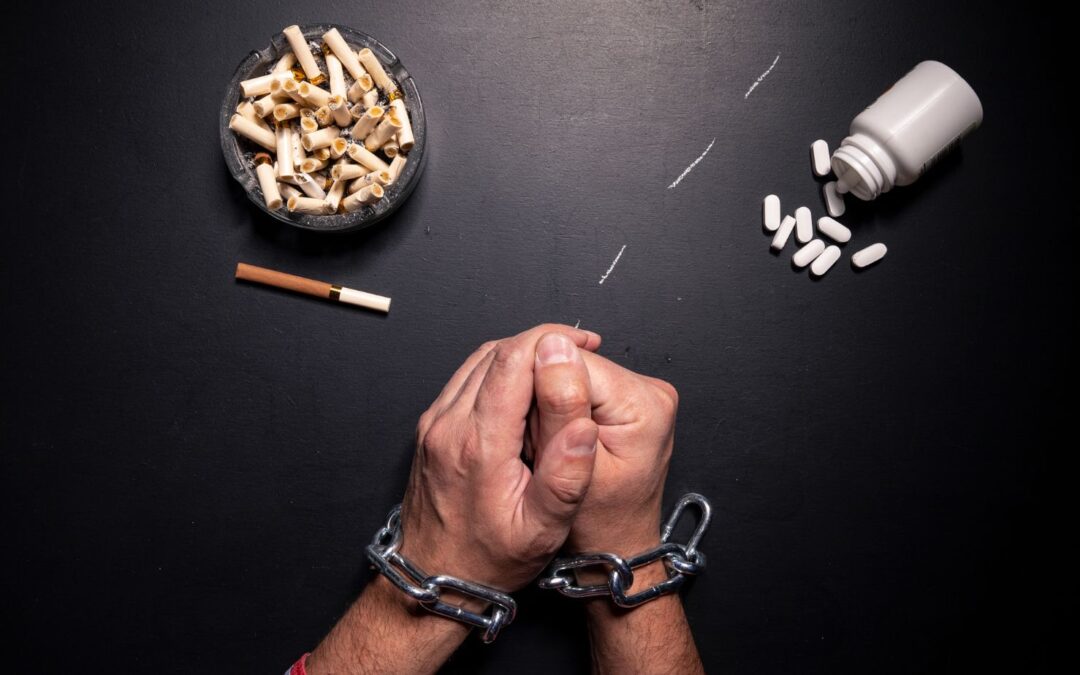Addiction doesn’t wear one face. It doesn’t play by one rulebook. And it definitely doesn’t show up the same for women as it does for men. That’s not just something therapists say—it’s something women live. Maybe you’ve felt it. Maybe you’ve seen a friend crumble under the weight of something she couldn’t name, while everyone around her told her to just “get it together.”
The truth is, addiction carves into women’s lives in ways that are different, deeper, and often more hidden. And when the experience isn’t the same, the solution can’t be either.
Women Often Use to Numb, Not Escape
While some people chase highs, many women use substances to numb something they can’t run from. It’s the stress of caring for everyone but yourself. It’s an unhealed trauma. It’s years of pressure to look perfect, act calm, and be strong even when you’re barely holding on. Women often begin using it to feel less, not more. And that’s a very different starting point than most recovery programs are designed for.
When treatment ignores this, it fails. If a woman drinks or uses because her anxiety is drowning her, telling her to just stop without helping her unpack the weight behind it is like patching a leak with duct tape. It’s going to blow again. Recovery that truly works starts with seeing the pain, not judging the behavior.
We Carry Shame Differently—and That Matters
If you’re a woman who’s struggled with addiction, you’ve probably felt shame that goes beyond the surface. Not just about using, but about failing to be what the world expected. Mothers, daughters, caregivers, wives—we carry roles like armor, and when we slip, even just a little, the guilt can eat us alive.
Shame doesn’t just hurt. It isolates. It tells women they’re bad, broken, beyond help. And that lie keeps too many women from speaking up, from asking for help, from walking into a rehab center before they’ve hit rock bottom.
That’s why gender-specific recovery isn’t about separation for the sake of it—it’s about safety. It’s about giving women space to speak freely, to be honest without fear of judgment or being misunderstood. It’s about reclaiming your life without the pressure to perform for anyone else’s version of “recovery.”
Hormones, Trauma, and Hidden Triggers
Our bodies don’t lie. Women’s biology responds differently to alcohol, pills, and other substances—often more quickly and more severely. Hormones, menstrual cycles, and perimenopause can all impact how substances are processed, how cravings work, and how withdrawal feels.

Add to that the high rates of sexual trauma and abuse many women have experienced, and you’ve got a complicated picture that a standard program isn’t built to address. Imagine being told to “open up” in a room full of strangers who don’t know what it feels like to be afraid in your own body. That’s not healing. That’s another layer of harm.
Programs made with women in mind take these things seriously. They offer trauma-informed care, they recognize the way your past shows up in your present, and they don’t expect you to “power through” the very things that broke you in the first place.
Support Systems Aren’t Always Supportive
For many women, recovery doesn’t happen in a vacuum. There are kids to raise. Partners who might not understand. Jobs that don’t allow time off. Even well-meaning friends can push ideas that don’t fit—like “just go to a meeting” or “you’re stronger than this.” It’s not that simple.
Women often try to heal while still being the rock for everyone else. But real healing asks for space. It asks for boundaries. It asks for a community that gets you. That’s where the right program makes all the difference.
Whether you need a women’s rehab near Austin, Boston or D.C., what matters is choosing a place that understands your life isn’t built for a pause button—but your health deserves one. A women-centered rehab gives you that space to reset without guilt, without shame, and with the full picture of your responsibilities in mind.
Healing Shouldn’t Feel Like Starting Over Alone
One of the most overlooked parts of recovery for women is what comes after the initial treatment. Anyone can detox. But healing is a long game, and for women, it’s one that’s tied to identity. Who am I if I’m not the helper? Who am I if I’m not needed? Who am I if I stop numbing and finally feel everything?
That’s not just about staying sober. That’s about rebuilding a self that may have been buried for years. The kind of aftercare women need isn’t just about accountability. It’s about purpose. It’s about connection. It’s about figuring out how to walk back into your life—your real one—and own it without falling apart again.
Recovery programs that are designed for women take this seriously. They build plans that go beyond 30 days. They help you figure out how to rebuild trust with your kids, how to reenter relationships without losing yourself, and how to find joy again. That’s the thing no one tells you—joy can come back. It’s not just about avoiding relapse. It’s about wanting to live again.
You’re Not Too Far Gone—You’re Just Tired
If you’re reading this and wondering if it’s too late, it’s not. Feeling broken doesn’t mean you are. You’re not a failure because you need help. You’re human. And the truth is, the kind of recovery that actually works isn’t about fixing you—it’s about helping you come home to yourself.

Women deserve care that sees them clearly, listens without rushing, and creates space for healing on their terms. When rehab centers are built with women in mind, everything changes—from the tone in the room to the tools that stick after discharge.
If the old ways haven’t worked for you, maybe they weren’t made for you in the first place. Maybe it’s time for something different.
You deserve to heal in a way that honors what you’ve been through and who you want to become.



